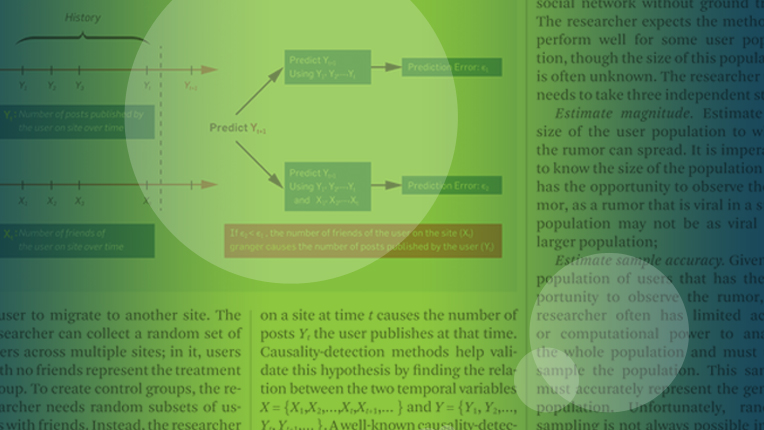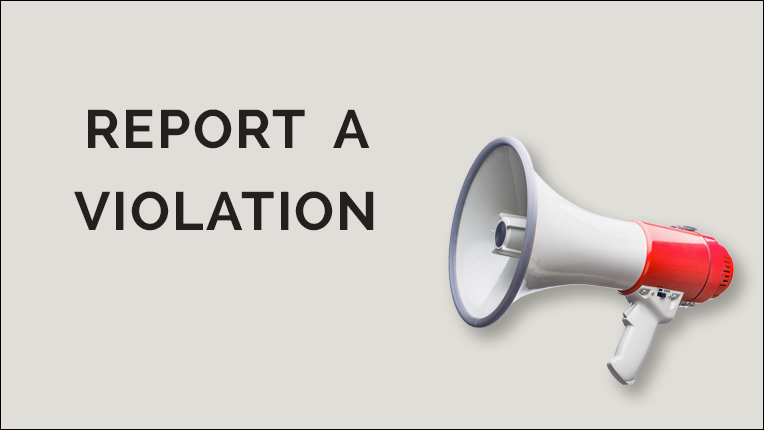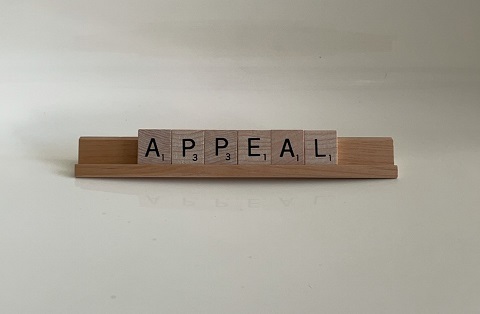ACM Publications Policies and Procedures
ACM is dedicated to serving the global computing and information technology community by promoting the highest professional and ethical standards. Maintaining the integrity of published Works, protecting and defending authors against plagiarism, bias, coercion, and other forms of ethical violation, making published Works discoverable, reducing barriers to accessing published Works and Research Artifacts, respecting intellectual property ownership, facilitating widespread use and sharing of published Works and Research Artifacts, and preserving published Works (and more generally the Scholarly Record) indefinitely in their original published form are among ACMs guiding principles for ACM Publications.
ACM has established policies reflecting best professional practice for scholarly publication and consistent with ACM's Code of Ethics and Professional Conduct (ACM CODE) and the International Committee on Publication Ethics (COPE). These ACM Publications Policies are regularly reviewed and updated by the ACM Publications Board in consultation with the ACM Ethics & Plagiarism Committee and Office of Publications at ACM Headquarters.
ACM Publications are viewed as premier outlets for scientific and professional publishing, whose results may have critical impacts on public safety, public policy, and future scientific research. ACM is committed to investigating all credible allegations of misconduct and holding proven violators accountable for violations, including plagiarism in its various forms, author misrepresentation, content falsification, misconduct related to peer review, violating ACM's Copyright Policy, coercion and abuse, breaches to ACM's Confidentiality Policy, and/or breaches to ACMs Policy on Human-Subjects Research. ACM Publications Policies exist to protect people, the integrity of ACM Publications, and to advance the science and art of computing research, education, and practice.
Unfortunately, misconduct does occur and appears to be on the rise in connection with ACM Publications. In recent years, ACM has increased its efforts to investigate, adjudicate, and enforce proven violations of ACM's policies. Depending on the form, intentionality, and severity of a proven violation, a range of potential penalties may be levied against violators ACM's Publications Policies, including but not limited to article retraction, bans on future submissions to or involvement with ACM publications, conferences, workshops, or symposia, and communication by ACM to the violator's employer. Significant violations may also be referred to ACM's Committee on Professional Ethics (COPE) for additional sanctions.
The ACM Publications Board is responsible for overseeing the creation of new Publications Policies, investigating potential violations, and enforcement of these Policies. All authors, editors, reviewers, program committee members, and contributors to ACM Publications agree to be bound by the following policies as a condition of participating in an ACM publication.
Publications Policies
The following is a list of policies that govern ACM Publications. These are reviewed and updated as required by the ACM Publications Board.
- Policy on Open Access APC Waivers and Discounts
- Policy on Publication Rights & Licensing (formerly Copyright Policy)
- Policy on Authorship
- Policy on Readership
- Policy on Inappropriate Content
- Policy on Peer Review
- Policy on Conference Publication
- Policy on ICPS Conference Publication
- Policy on Plagiarism, Misrepresentation, and Falsification
- Policy on Research Involving Human Participants and Subjects
- Digital Library Usage Policies
- Prior Publication and Simultaneous Submissions Policy
- Policy on Submission, Hosting, Access, and Ownership of Digital Artifacts
- Conflict of Interest Policy
- Policy on Coercion and Abuse in the ACM Publications Process
- Policy on the Withdrawal, Correction, Retraction, and Removal of Works from ACM Publications and the ACM Digital Library
- ACM Publications Policy on Author Name Changes
- ACM Chapters Publication Policy
- Penalties for Publication Violations
- Communicating Results of Investigations
- Appealing Policy Violation Decisions
- Confidentiality Policy
- Software Copyright Notice
Publications Statements, Guidelines, & Procedures
The following is a list of the current ACM publications procedures, which are updated over time.
- Process for Investigating Claims
- Editor-in-Chief Appointments (See also, Evaluation Criteria for Editors-in-Chief)
- Artifact Review and Badging
- Statement on Trade & Government Sanctions for ACM Publications
- Position Descriptions - Volunteer Editors of ACM Journals
- Viability Review Process for ACM Publications
- Appealing Editorial Decisions
- Turing Award and CACM
- Guidelines and Criteria for Evaluation of Submissions for ACM Publications
- Publication of SIG In-Cooperation Proceedings
- Guidelines for Establishing Best Paper Awards
Publish with ACM
ACM's prestigious conferences and journals seek top-quality papers in all areas of computing and IT. It is now easier than ever to find the most appropriate venue for your research and publish with ACM.

Report a Potential Violation
If you believe one or more of ACM’s Publications Policies have been violated and you have credible evidence of such violation(s), you may report a potential violation as a claimant. Before you report a potential violation, please read ACM’s Publications Policies carefully.

Appeal Editorial Decisions
If you would like to appeal the editorial decision of an article submitted to an ACM publication, please first contact the Editor(s)-in-Chief of the journal or magazine publication or the Program Committee Chair(s) of a conference publication. For more information, go here.
